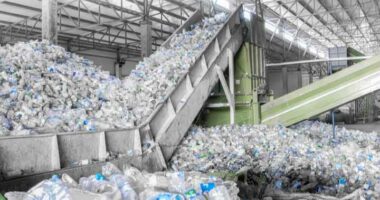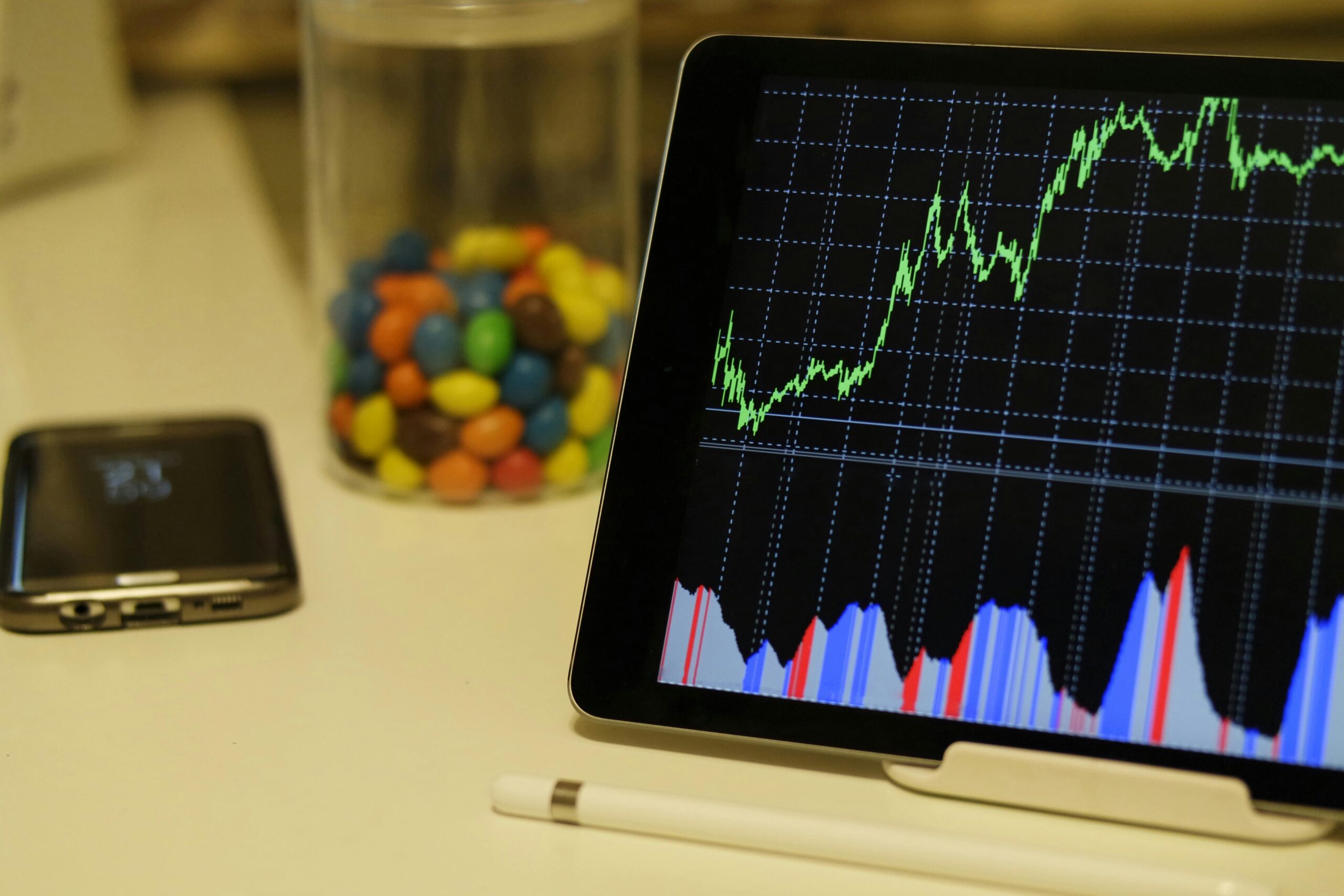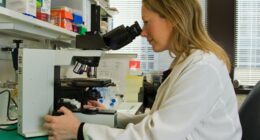Earlier this month, Aduro Clean Technologies Inc. (CSE: ACT) (OTCQX: ACTHF) (FSE: 9D50) CEO Ofer Vicus exercised warrants to acquire 188,429 new shares of the company, with an aggregate value of C$108,500. This follows a similar transaction in December, when he added another 1.26 million shares to his holdings. He now owns 20,978,308 of the company, or nearly a third of its 64.85 million outstanding shares.
Exercising warrants could be seen as a vote of confidence by Mr. Vicus in Aduro’s future prospects. At a minimum, investors can be certain that his financial interests are directly aligned with the shareholders. And owning such a large stake in the company is a positive sign of commitment and accountability to Aduro’s performance.
Of course, this purchase alone doesn’t necessarily move the needle for an existing shareholder to expand their position or for an interested investor to dive in with a new purchase. But in the context of Aduro’s development, the timing is compelling.
Commercialization of Disruptive Technology
Aduro’s Hydrochemolytic™ technology (HCT™) is capable of recycling a wide variety of plastic types with minimal sorting and cleaning. With only 10% of the world’s plastic output currently being recycled, largely due to technical and financial limitations imposed by current recycling technologies, there is a large market opportunity for advanced systems like HCT.
Pyrolysis is the most commonly hailed system as an alternative to the current mechanical recycling process. Mechanical recycling requires extensive sorting and cleaning operations and massive feedstock volumes to make any economic sense. The plastic is ground down to small pellets to be remade into new products. Pyrolysis systems involve the application of intense heat to break down plastic into molecular components. They can require less cleaning but are very energy-intensive. Both systems are usually limited to one or two types of plastics.
HCT is a water-based chemical recycling system offering significant advantages over traditional mechanical and pyrolysis methods.
- The HCT technology filters out problematic resins and contaminants that hinder current approaches.
- HCT can process polypropylene, polyethylene, and polystyrene, making up 70% of municipal plastic waste.
- HCT produces a very high yield of valuable liquids from plastic, which can be used to create new plastics and various other chemical products.
- The technology’s modular design is adaptable to applications of almost any size, from small remote locations to large municipalities and chemical plants.
What makes the company particularly compelling right now is its stage of development. After years of testing and refining the technology, Aduro is introducing HCT. The market, at least initially, consists of global petrochemical giants. The company is in the final stages of participation in the Shell GameChanger program, designed to accelerate the development and commercialization of disruptive technologies like HCT. Aduro is also running test programs for at least one similar multinational company, and recently expanded the scope of its operation with this potential customer.
Aduro is currently conducting its Customer Engagement Program with a small demonstration unit and plans to build a commercial-scale pilot facility in the next year.
Aduro is limited in what they can say publicly about these customer engagements and relationships. Potential clients want to remain anonymous at this stage, and technical information gathered from the testing process is only offered in vague terms. But the progress has been steady, and the news has been consistently positive. When the company’s CEO keeps adding to his holdings during the commercialization process, it’s possible to see his confidence in how the plan unfolds.
The Upshot
Aduro Clean Technologies is a small company (with a market capitalization of about USD$62 million) with a disruptive technology offering in a vast market. Global companies and governments are committed in the very near term to developing a circular economy for plastics and curbing the massive amount of plastic waste that is currently fouling the environment. The impact of even one commitment from a major corporation on Aduro’s business and valuation could be staggering, not to mention the potential of major market penetration.
Aduro CEO Ofer Vicus looks to be confident, considering all he knows about the technology, the market, and the potential customers in the company’s prospects. Interested investors may want to follow this one.










